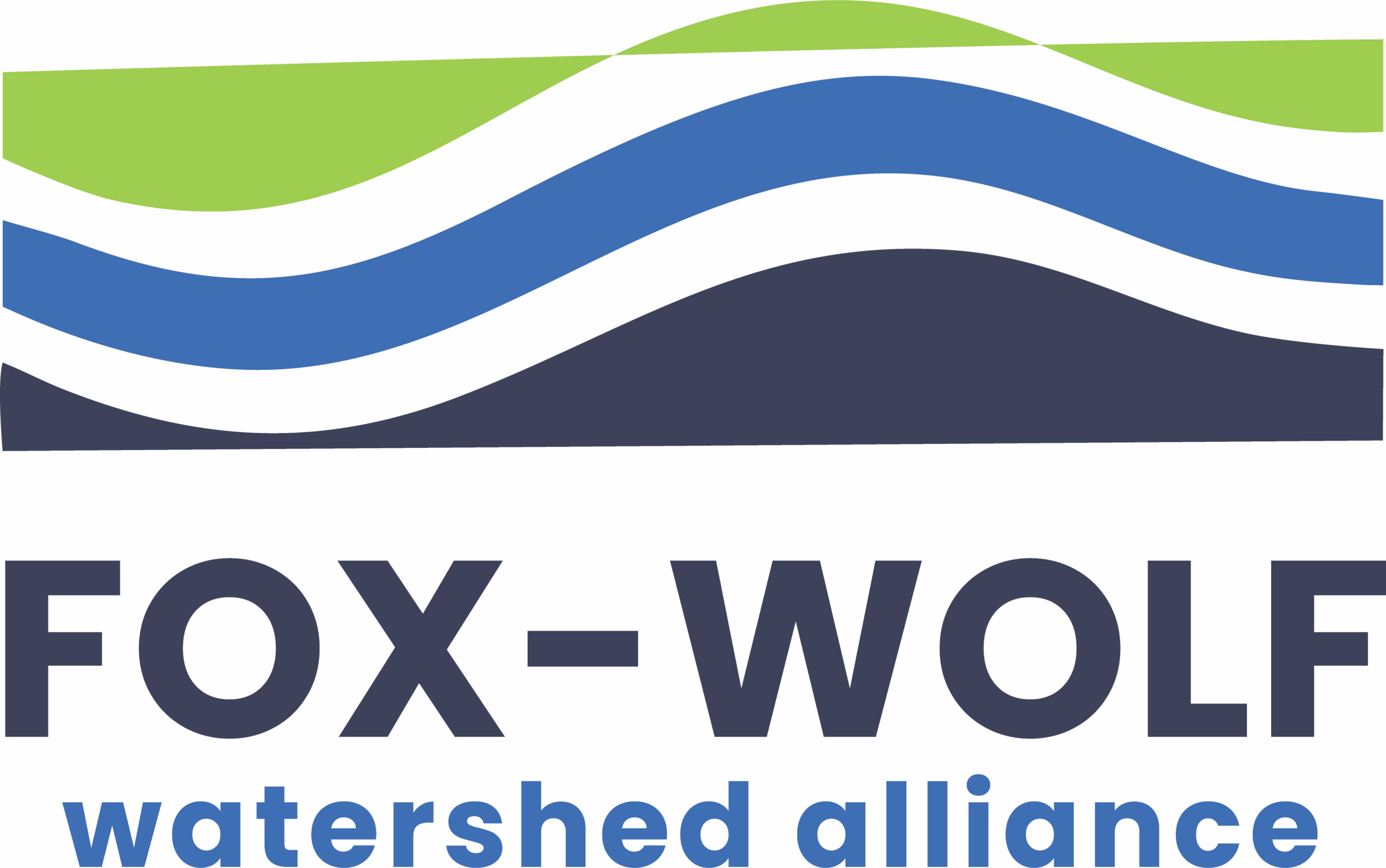Take 5 Minutes Each Hunt for Invasive Species Prevention
Original Story: WDNR
Invasive species are nonnative plants, animals and diseases that cause great ecological, environmental or economic harm. Some have already been found in Wisconsin, while others pose a large risk of surviving and causing problems if they are introduced and become established here.
Just a few minutes of preventative action can help preserve and protect hunting lands for generations to come.
Before launching into and leaving a waterbody, waterfowl hunters should:
– Inspect waders, boats, trailers, motors and hunting equipment, including boots, blinds and dogs
– Remove all plants, animals and mud to the best of their ability
– Drain all water from decoys, boats, motors, livewells and other hunting equipment
– Remove all seed heads and roots when using vegetation for duck blinds
– Never move plants or live animals, such as snails, away from a water body
Lots of hunting spots have boot brush stations to help you clean off your gear (see picture). Want to have one installed at your favorite hunting spot? Contact Chris using the info below!
Learn more at https://dnr.wisconsin.gov/topic/Invasives and thank you for helping keep invasives out of our waterways!
Photo Credit: WDNR
Questions? Comments? Contact Chris Acy, the AIS Coordinator covering Brown, Outagamie, Fond du Lac, Calumet, and Winnebago Counties at (920) 460-3674 or chris@fwwa.org!
Follow the Fox Wolf Watershed Alliance’s Winnebago Waterways Program on our Winnebago Waterways Facebook page or @WinnWaterways on X! You can also sign-up for email updates at WinnebagoWaterways.org.
Check out the Keepers of the Fox Program at https://fwwa.org/watershed-recovery/lower-fox-recovery/
Winnebago Waterways and Keepers of the Fox are Fox-Wolf Watershed Alliance programs. The Fox-Wolf Watershed Alliance is an independent nonprofit organization working to protect and restore water resources in the Fox-Wolf River Basin.
Reporting invasive species is a first step in containing their spread. Maintaining and restoring our waters and landscapes can reduce the impacts even when we don’t have other management options to an invasive species.
